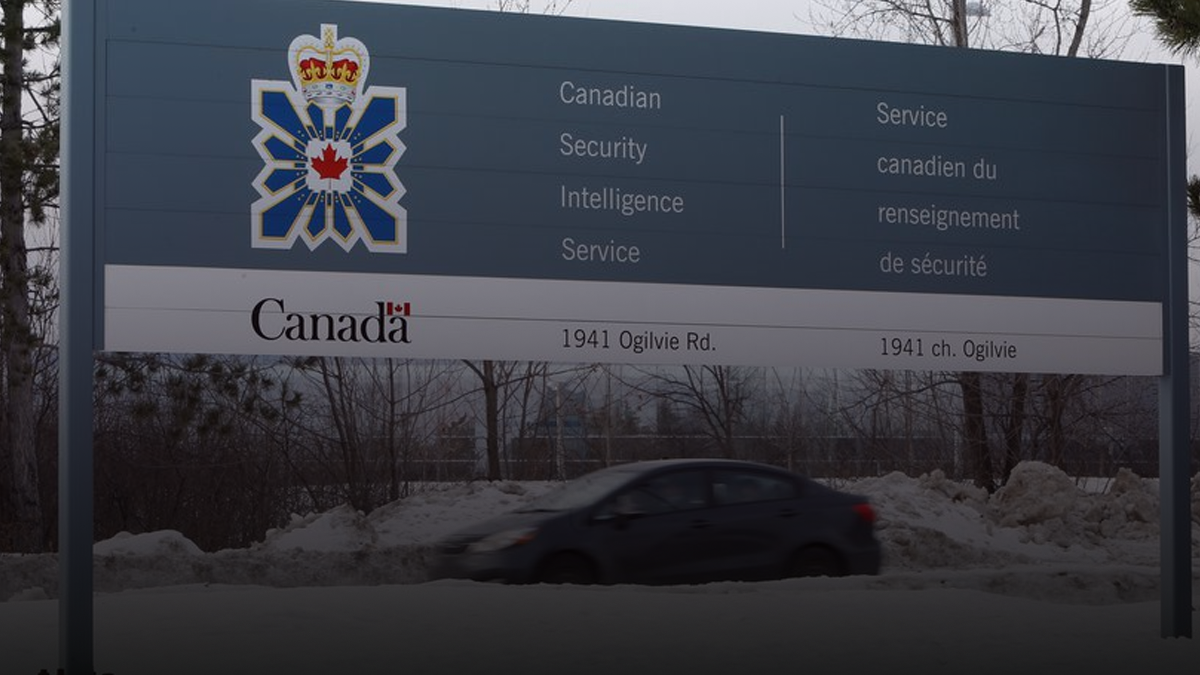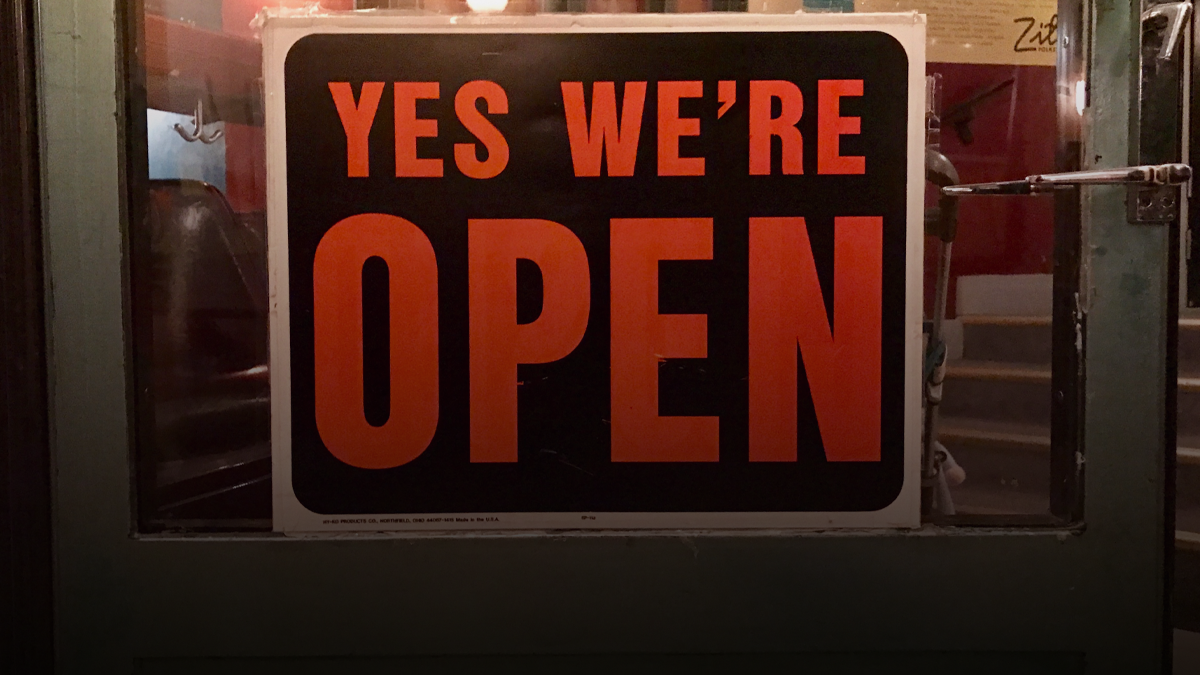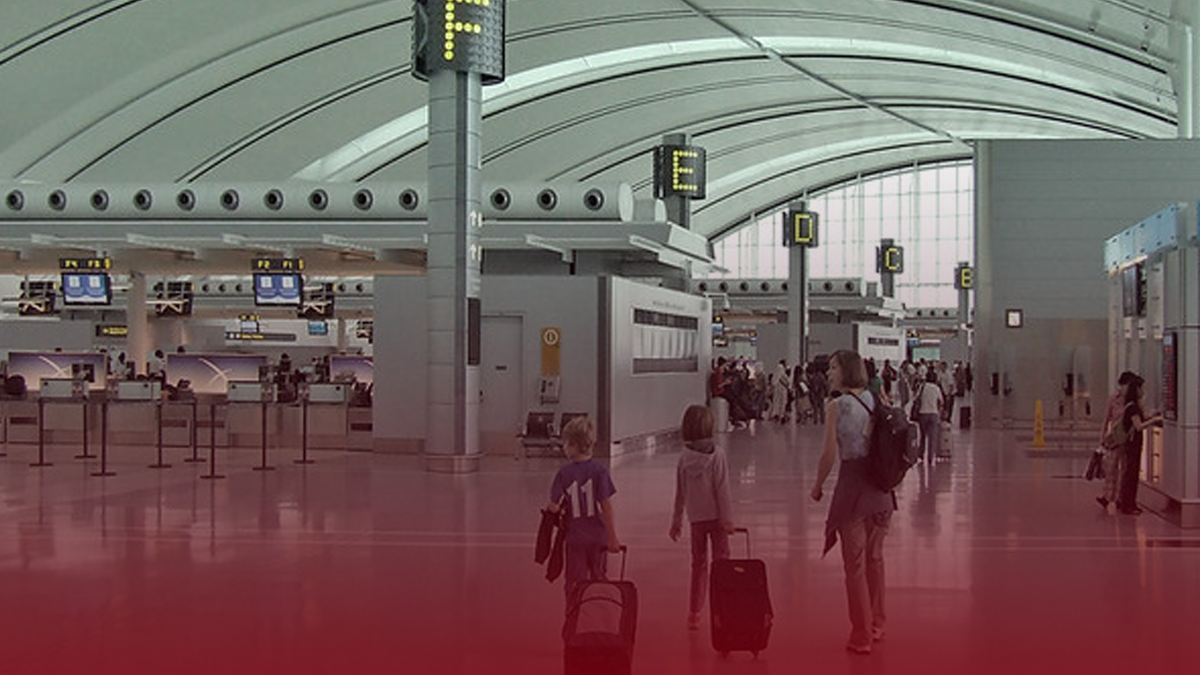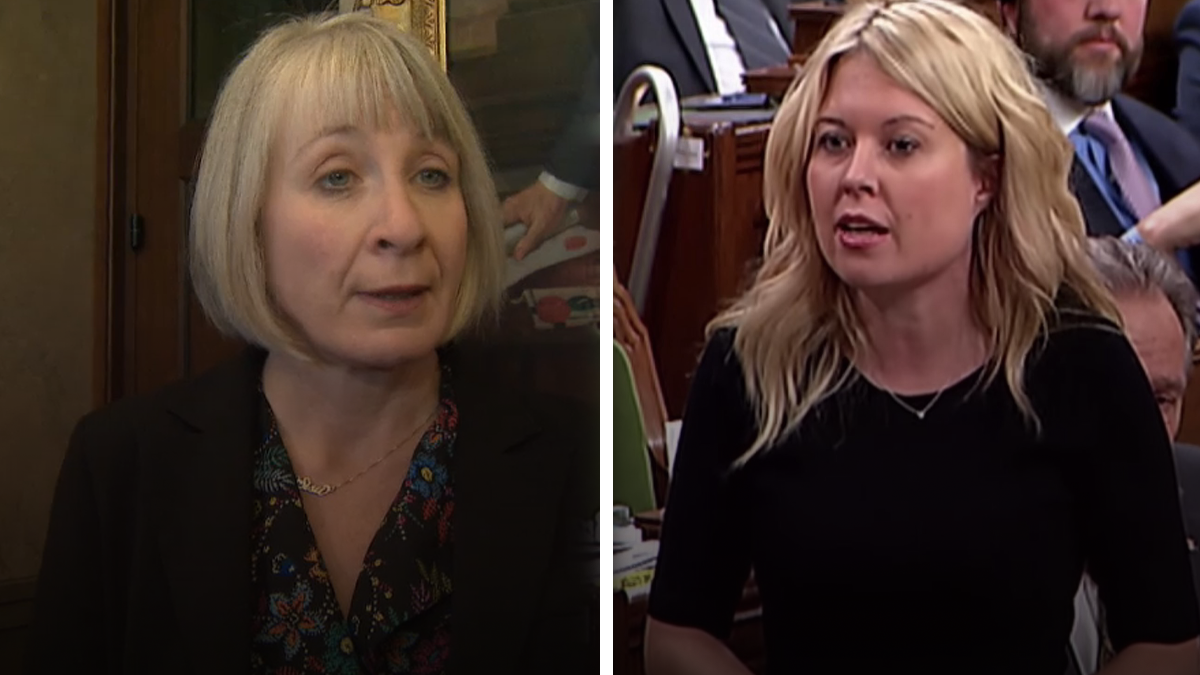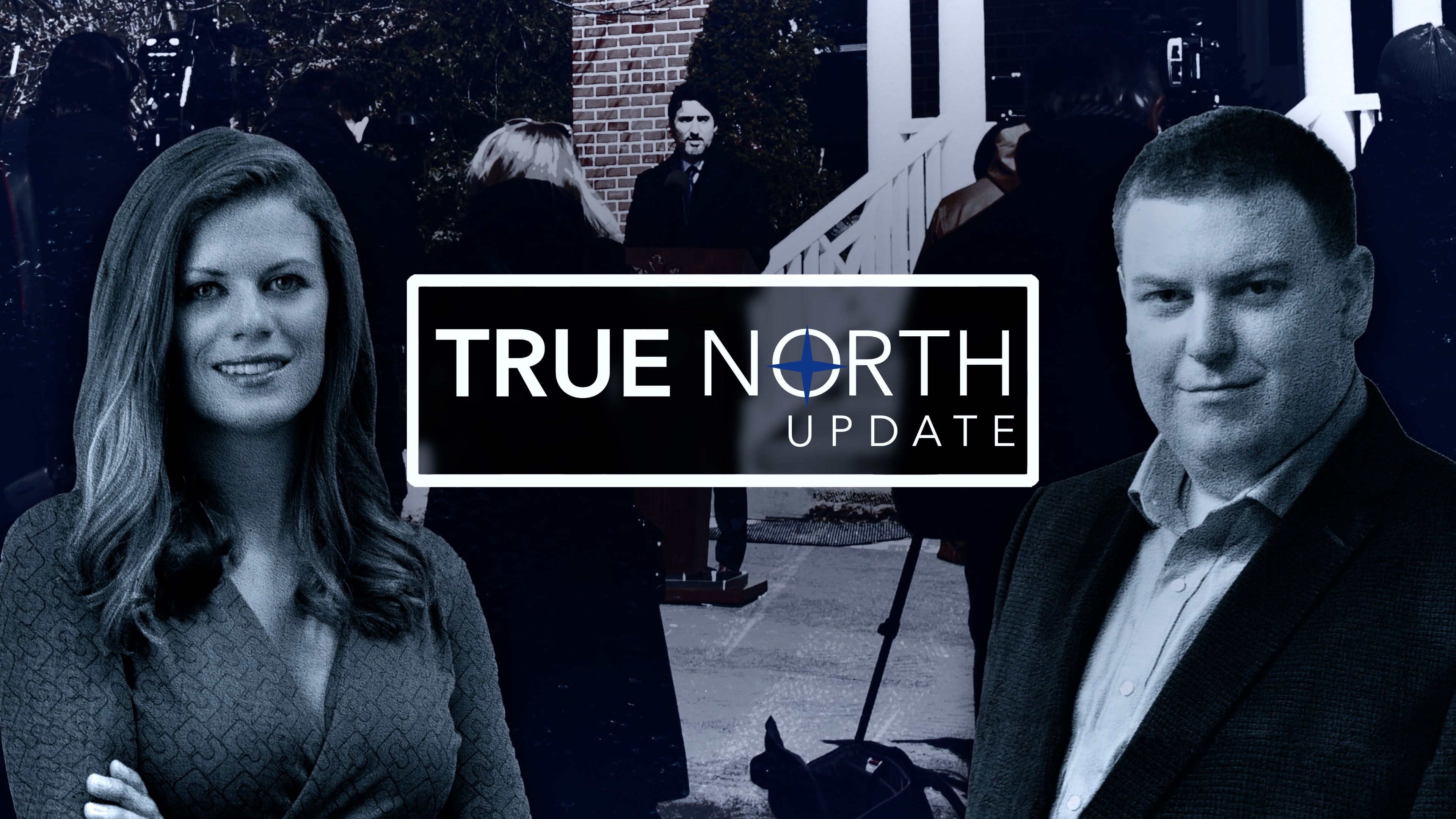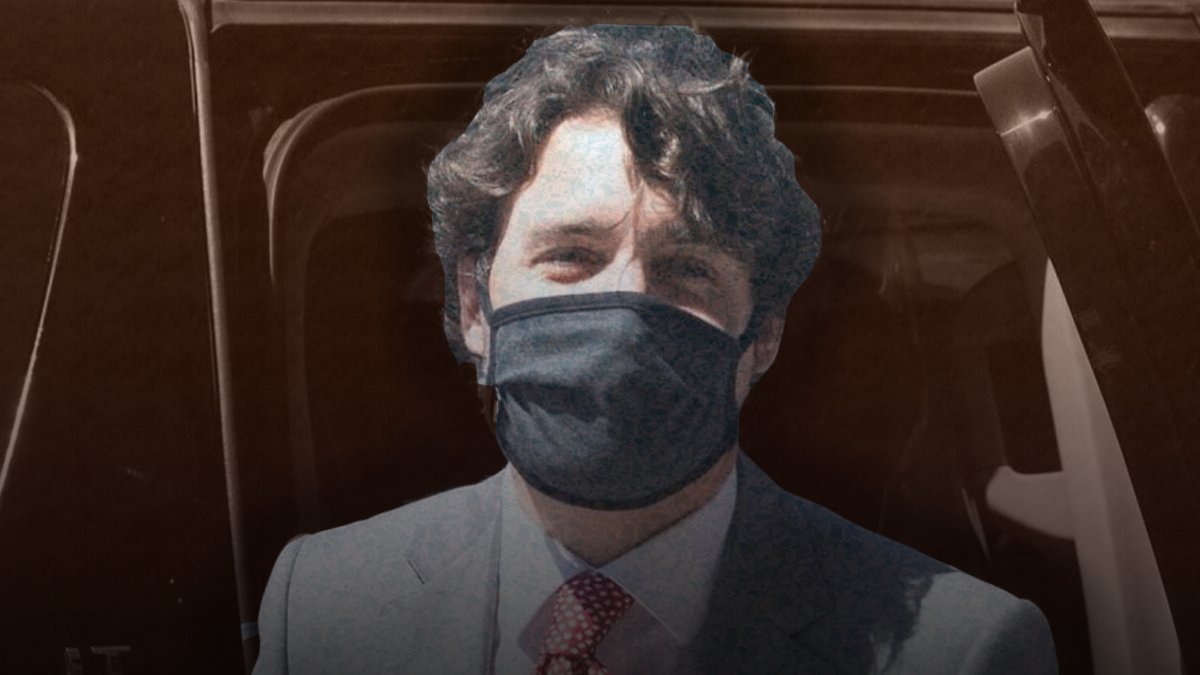The Canadian Security Intelligence Service (CSIS) has warned that foreign investment within the country runs the risk of endangering national security.
In the 2019 annual public report which was tabled on Wednesday, CSIS pointed to “a number of state-owned enterprises and private firms” with close ties to foreign governments as culprits.
“While the vast majority of the foreign investment in Canada is carried out in an open and transparent manner, a number of state-owned enterprises (SOEs) and private firms with close ties to their government and or intelligence services can pursue corporate acquisition bids in Canada or other economic activities,” claims CSIS.
“Corporate acquisitions by these entities pose potential risks related to vulnerabilities in critical infrastructure, control over strategic sectors, espionage and foreign influenced activities, and illegal transfer of technology and expertise. CSIS expects that national security concerns related to foreign investments or other economic activities in Canada will continue.”
The report also highlights the dangers posed to Canada by economic espionage but does not name the entities or countries responsible.
Earlier this week, former CSIS director Richard Fadden went on record to warn the federal government about China’s growing control over Canada’s resource sector.
Fadden was commenting in response to the recent acquisition of a northern Canadian gold mine by Shandong Gold Mining Co. Ltd.
The company, which is owned by the Chinese government, acquired TMAC Resources in a $149 million cash deal.
The deal included the Hope Bay Gold mining project in Nunavut which has produced 3.45 million ounces of gold by the end of 2019.
TMAC isn’t the first mining company to be bought up by a Chinese entity. Earlier this year, Continental Gold was acquired by Zijin Mining for $1.3 billion.
According to Fadden, the federal government should consider national security risks when reviewing the deal. He also suggested that gold should be added to the Canada-U.S. critical mineral strategy list which is an effort meant to “[secure] supply chains for the critical minerals needed for important manufacturing sectors.”
Gold is currently not one of the minerals or metals included in the critical-mineral strategy list.
“I think gold is pretty important for the world economy. China has enough of a grip on the world economy as it is, given its capital assets, so I would include gold. Governments should sit down, convene a bunch of experts and talk to our allies about it,” said Fadden.



